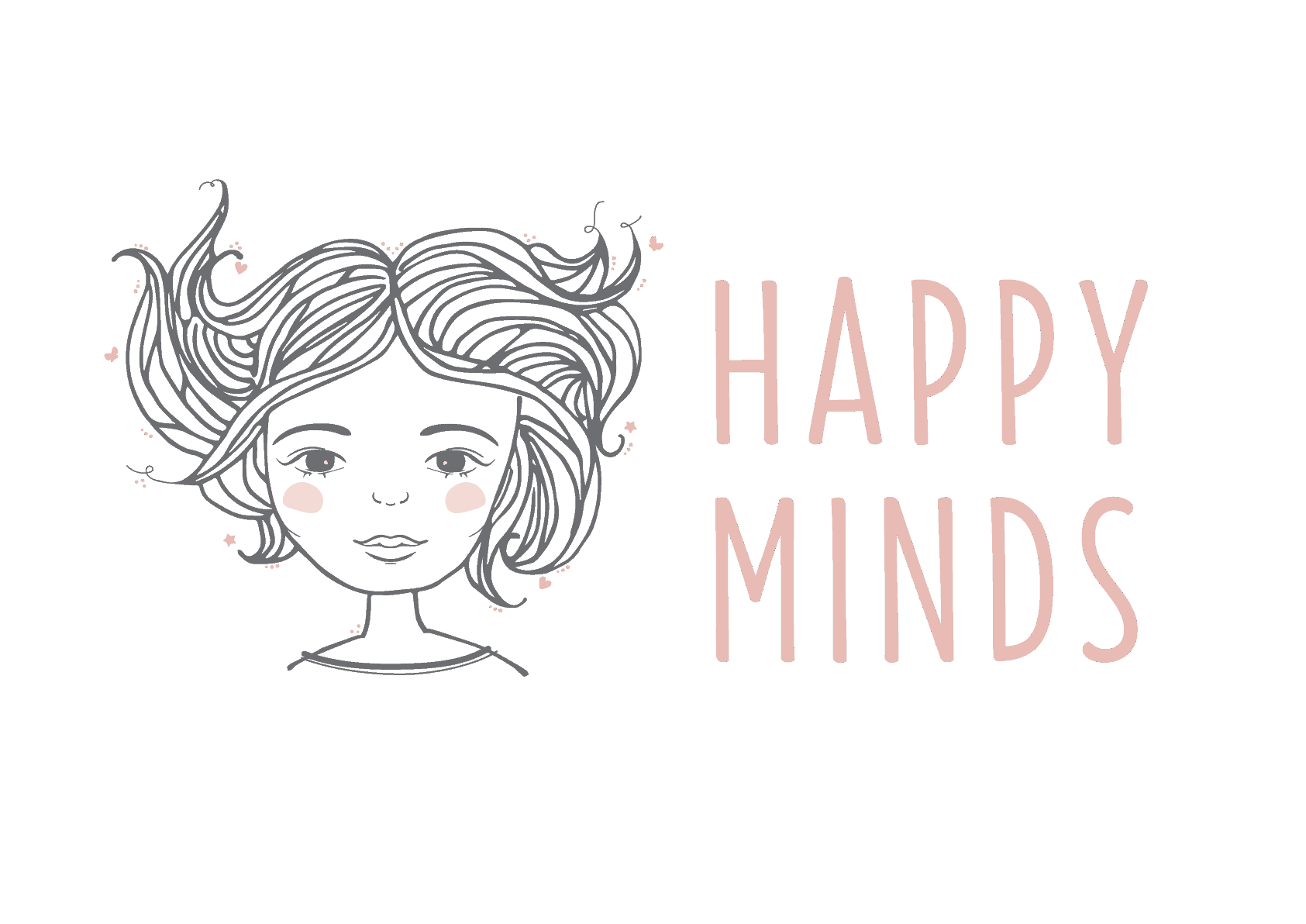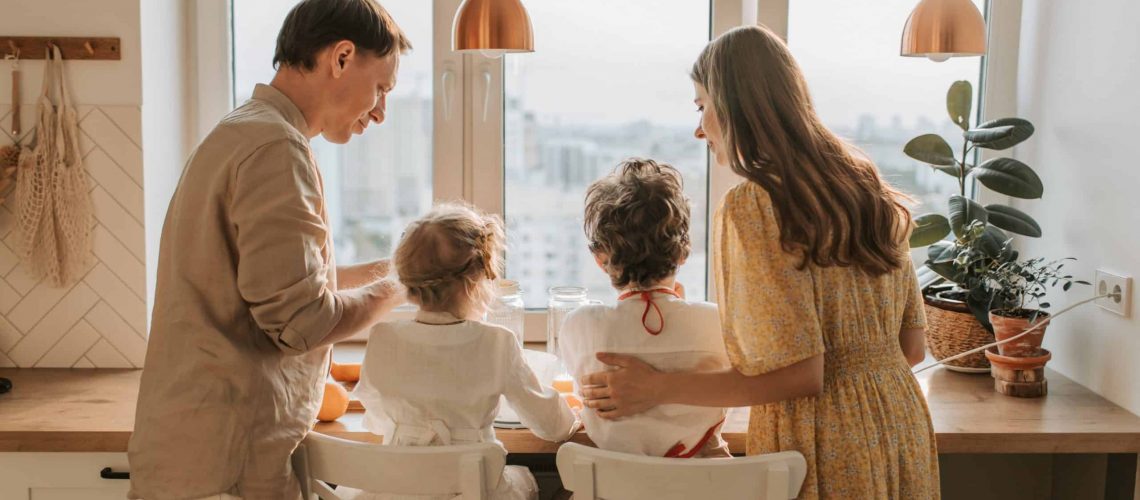The desperate cling to your clothes and eyes brimming with tears.
The screaming tantrums about leaving for childcare.
The revolving bedroom door at other people’s houses when they should be sleeping.
Dealing with separation anxiety in toddlers can leave you feeling stressed, guilty, and
clutching your head in your hands as you try to understand what’s going on in their busy
minds and how you can help them.
Separation anxiety in toddlers and children of all ages (particularly for Victorian kids) was
only heightened by the ongoing uncertainty and isolation felt during the COVID-19 pandemic
lockdowns and safety measures introduced, leaving many parents with more anxious kids
and dwindling patience.
What is separation anxiety in children?
Separation anxiety in kids is generally present when a child becomes upset or distressed
about being away from their parent/s or caregiver/s.
It usually starts between the ages of 6-8 months and can last until school age (or beyond in
some cases). Separation anxiety disorder in children is usually diagnosed by their fear of
being away from you lasting longer than 4 weeks, appearing to be more severe than other
kids’ their age, and regularly interfering with your family’s day-to-day routine.
Fear of separation can be worse for some children than their peers and both you and your
child might need a little extra support.
What are the symptoms of separation anxiety in a toddler?
Anxiety can present itself in a lot of different ways for toddlers who are known for having a lot
of big feelings in very little bodies, and they’re at an age where they’re more in-tune and alert
to what’s going on around them.
Some common symptoms might include:
- Crying
- Clinging to you
- Refusing to go to childcare or any location away from you (drop-off anxiety)
- Unable to be comforted by others
- Being shy and not engaging with others
- Refusal to sleep alone
Tips for dealing with separation anxiety in a toddler
If you’re up to googling tips, you’ve likely exhausted your go-to list to calm your little one’s
fears and you’re feeling defeated. You’re not alone. Outside of therapy options, here’s a
handy list of things to try with your anxious toddler:
- Send them to childcare or locations away from you with a comfort toy
- Develop a regular daily routine your toddler can rely on and become familiar with
- Don’t ghost them when they aren’t facing you at drop-off
- Take the time to say a brief goodbye that is calm and soothing, regardless of their emotions
- Reassure them that you’ll be back with them and give them a timeframe (and stick to it)
- Develop a good relationship with their regular caregivers so they have tools and tricks to soothe them in your absence
- Help them settle into new environments by being with them for a little while as they adjust
- Do smaller practice runs at being away from them to prepare them for any long days or sleepovers
When to see a psychologist about separation anxiety in kids:
Second guessing yourself and your decisions is a curse many parents bear throughout their
entire parenting journey. “What am I doing wrong? What did I do for this to happen? Will this
ever get better?” Sometimes, knowing when you need an extra helping hand in this situation
can be the right step towards helping your toddler through their separation anxiety.
You might consider seeing a psychologist about your child’s separation anxiety when:
- The separation anxiety is lasting longer than 4 weeks with no reprieve
- The techniques you’re trying don’t seem to be helping
- Your child’s separation anxiety is affecting your family’s daily life
- You’re not coping with your child’s separation anxiety
Do you need support with your child’s separation anxiety?
Happy Minds Psychology in Geelong and the Bellarine are a clinic specialising in positive parenting and helping you with your child’s behaviour.

